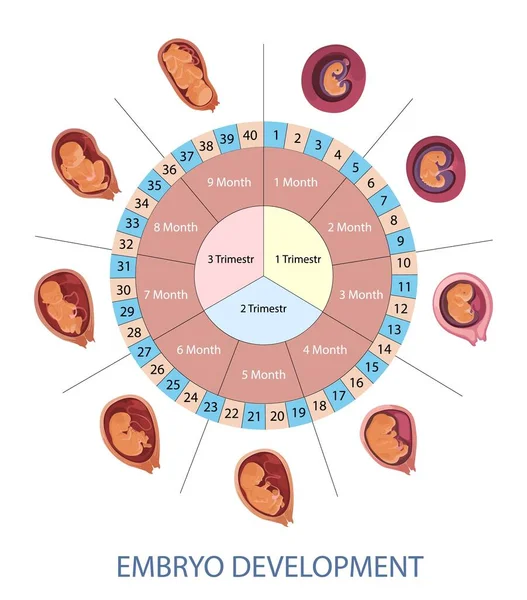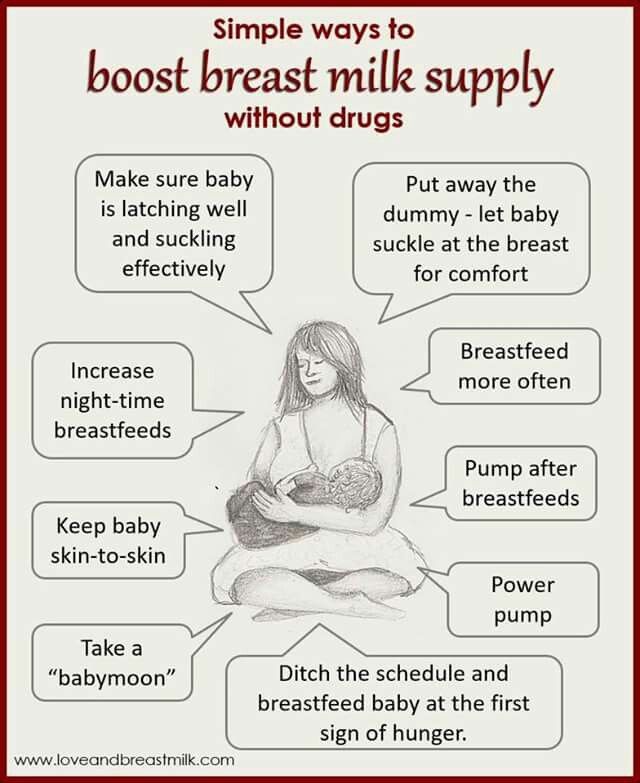Is it normal for morning sickness to come and go
Pregnancy Symptoms Come and Go
During pregnancy, a woman may experience a host of symptoms, and they may vary in each woman. However, it has been observed that with time, most of the symptoms may disappear over the course of the pregnancy term to re-appear later. In some cases, some symptoms may not re-appear at all while some may persist till delivery. Pregnancy symptoms may come and go, and it is absolutely normal. However, it is but obvious for any pregnant woman, more so for first-time mothers, to get anxious and worried. To be on the safer side, it is always best to talk to your doctor about it. But, before that, you may read this article to know when the symptoms are normal and when they are concerning.
Video : Pregnancy Symptoms Come and Go – Is It Normal?
When Are Changes in Pregnancy Symptoms Normal?
It is said that all pregnancies are not the same, which means that every pregnant woman will not have the same symptoms. Some may experience extreme nausea in the first trimester, some, till the time of delivery, and few may not suffer from nausea throughout their pregnancy. But, usually, a pregnant woman will experience the following symptoms in each trimester
- The first trimester, according to most women, is the most challenging time during pregnancy. It is the period when women (especially first-time mothers) are trying to cope with the changes happening in their bodies. It is the time when they start dealing with pregnancy symptoms like nausea, tender breasts, dizziness, headaches, and cramps.
- The second trimester is supposed to be the “honeymoon” period in pregnancy since most of the symptoms seem to disappear, and most pregnant women are at ease with their pregnancy. However, for some women, it may not be that pleasant a period as they might experience most pregnancy-related symptoms like backaches, bloating, heartburn, depression, anxiety, constipation, etc., which may have started way back in the first trimester.
 They would also have cravings for certain food items, which at other times might have been non-existent. For a few women, it may be a period when they start disliking a certain food or even the smell of it.
They would also have cravings for certain food items, which at other times might have been non-existent. For a few women, it may be a period when they start disliking a certain food or even the smell of it. - In the third trimester, women may experience oedema due to water retention, or frequent urination as the uterus increases in size and presses upon the bladder.
All the symptoms in each of the trimester may vary in time, recurrence, and severity. On some days, all symptoms may seem to have disappeared, and the very next day, they may be back with more intensity. For most women, some of the symptoms which they may have experienced in early pregnancy may fade away or become less intense in the last few weeks; some may become even more prominent.
If you’ve been experiencing symptoms that look somewhat like the ones described above, and you get your regular checkups, you most probably have a healthy pregnancy. Now, some women experience changes other than the ones mentioned above, which may be concerning. Let’s take a look at those changes too.
Let’s take a look at those changes too.
When Are the Changes in Pregnancy Symptoms Concerning?
People often wonder whether pregnancy symptoms come and go before a missed period. Well, it is common for symptoms to appear and disappear from the beginning of pregnancy. And, it is also normal not to experience the same symptoms every single day during the pregnancy term.
To be a little more precise, it is common for pregnancy symptoms to come and go in the first 8 weeks. Symptoms may vary trimester-wise, week-wise, or even day-wise. However, it has been observed that if symptoms disappear all of a sudden, or they fade away, it could signal a risk to your pregnancy. The most alarming symptom some women might notice is no fetal movement.
So, which pregnancy symptoms should you be looking out for to know if they are normal or concerning? Well, most symptoms may disappear and re-appear anytime as the pregnancy progresses. But, the movement of the foetus (which starts somewhere around the 5th month of gestation) should continue until the time of delivery.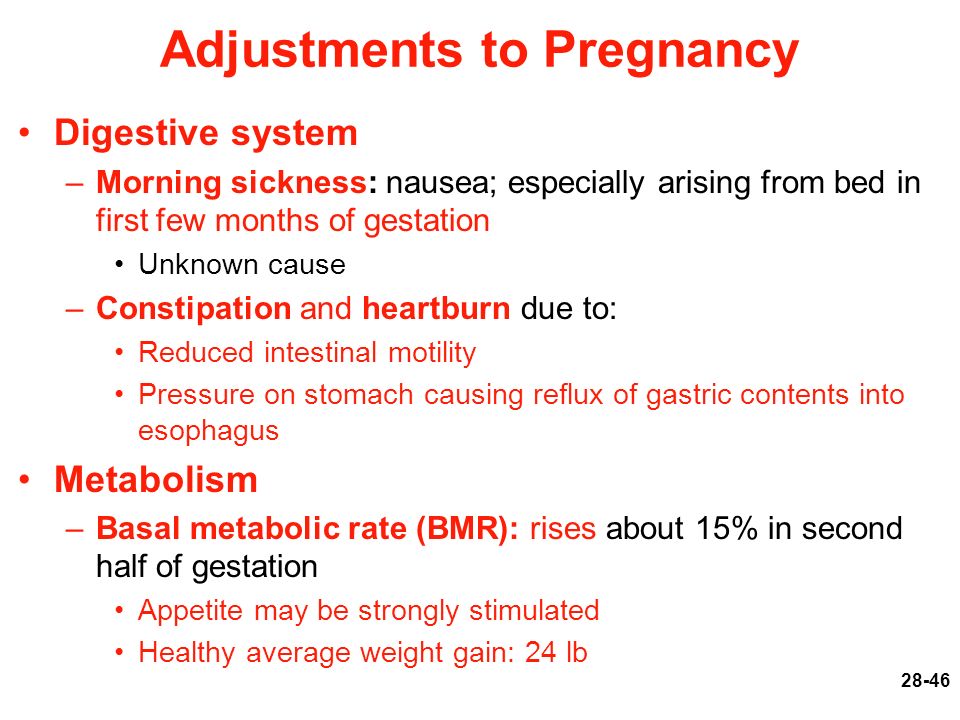 Apart from this, vaginal bleeding, along with abdominal pain, could also mean an emergency. This could be a sign of ectopic pregnancy, which requires immediate medical intervention. However, it is not always that a sudden end to symptoms during pregnancy is of concern. Talking to your gynaecologist and undergoing tests to rule out problems would be a wise move.
Apart from this, vaginal bleeding, along with abdominal pain, could also mean an emergency. This could be a sign of ectopic pregnancy, which requires immediate medical intervention. However, it is not always that a sudden end to symptoms during pregnancy is of concern. Talking to your gynaecologist and undergoing tests to rule out problems would be a wise move.
FAQs
1. When Does A Woman Has No Pregnancy Symptoms At All?
It is possible for a woman to be pregnant and experience no pregnancy symptoms at all, but that is not quite common. The progress of pregnancy is never the same in two women. In the case of a cryptic pregnancy, the symptoms are so subtle that women don’t recognise them. And some even don’t realise they are pregnant until 20 weeks or labour. Having no or fewer symptoms does not reflect on the health of the pregnancy.
2. What Does It Means When Sore Breast Come And Go In Pregnancy?
The phrase sore breasts come and go means that as pregnancy progresses, many symptoms come and go. With the transition from the first trimester to the second trimester, many symptoms like nausea and bloating subside but then return later in the pregnancy. It may look like the ongoing symptoms disappear, but in fact, they just are replaced by new other symptoms as the pregnancy progresses.
With the transition from the first trimester to the second trimester, many symptoms like nausea and bloating subside but then return later in the pregnancy. It may look like the ongoing symptoms disappear, but in fact, they just are replaced by new other symptoms as the pregnancy progresses.
3. Does Having No Pregnancy Symptoms Mean I’ll Have A Miscarriage?
No, having no pregnancy symptoms does mean or guarantee a miscarriage. Every pregnancy progresses differently; with or without symptoms do not indicate any miscarriage. However, if the usual symptoms suddenly go away, especially during the first trimester, it may be a sign of miscarriage. For any doubts, consult your doctor before coming to any conclusion.
4. Why Did My Pregnancy Symptoms Come And Go Away At 5 Weeks?
It is quite common for many women at 5 weeks pregnant to have symptoms that come and go. In fact, only half of the women have pregnancy symptoms during this period. Swollen breasts, frequent need to urinate, and morning sickness may come and go, and it is normal.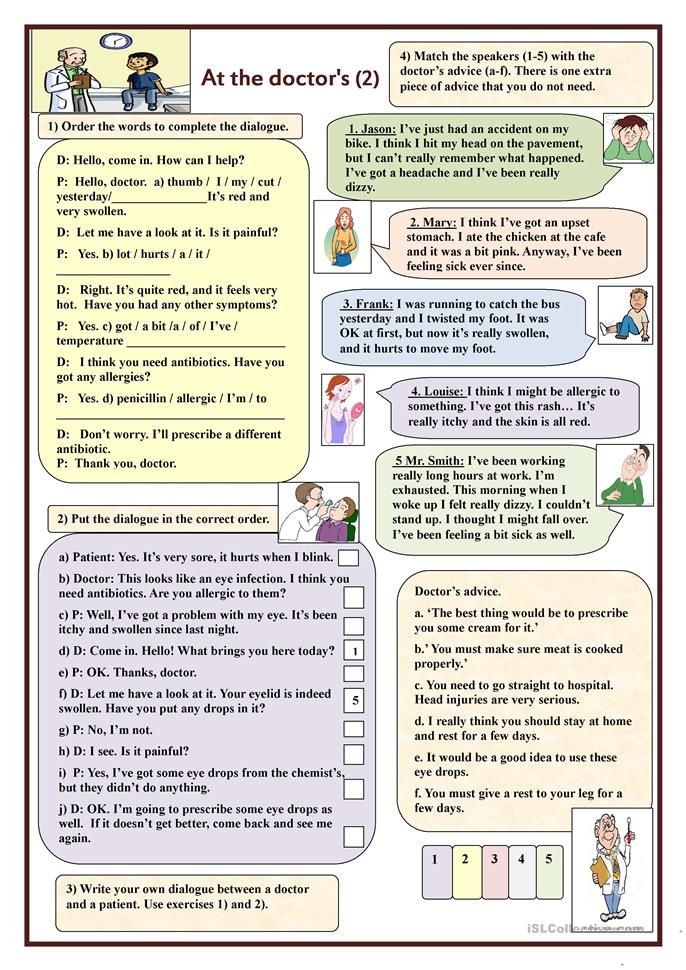
Remember that every pregnancy is different, and so the symptoms will also vary. Sometimes, a pregnancy without any symptoms is as normal as one with severe and intense pregnancy symptoms. The best person to walk you through your pregnancy is your gynaecologist. Therefore, it is important that you consult him/her before drawing any conclusions.
References & Resources:
- Healthline
Also Read:
Weird Signs & Symptoms of Pregnancy
How to Know Whether You are Fertile or Not
Early Pregnancy Signs Before Missed Period
When does nausea, vomiting and sickness in pregnancy stop?
In those early days of pregnancy, it can feel like there's little break between between the toilet bowl and a fridge full of stomach-churning foodstuffs.
So how long does morning sickness last?For most of us, morning sickness will be a thing of the past by around the 3-month mark - hurrah! "Morning sickness tends to clear up at the end of the first trimester,” confirms our GP, Dr Philippa Kaye. "It generally goes at around weeks 12-14."
"It generally goes at around weeks 12-14."
Not everyone is this fortunate, however. Unfortunately, for some, the condition can drag on way into the 2nd trimester and, for an unlucky few, all the way to the 9-month mark.
Is it normal for the sickness to stop suddenly?Yes, it can stop overnight. But it can also just fade away: your symptoms getting less and less until, suddenly, you realise you're not feeling so queasy any more.
"Some women don't necessarily notice when their nausea stops; they only notice when it's there," says Dr Kaye. “It can stop surprisingly suddenly, though, but that doesn't mean that anything has happened to your baby."
Can morning sickness stop, then come back?Oh yes. Pregnancy nausea can come and go. "You may not feel sick every day," says Dr Kaye, "as different factors are involved, such as what you have eaten – or not eaten."
Will morning sickness affect my baby?No. It's natural to worry that all this vomiting might not be good for your baby's development. But all the evidence shows there's no cause for concern – unless you're constantly throwing up day and night, and can't keep any food in your body for any length of time, which may be a sign that you've developed Hypermesis Gravidarum (severe sickness) and should see your GP for treatment (see So at what point would I need to see a doctor about this constant sickness?, below)
It's natural to worry that all this vomiting might not be good for your baby's development. But all the evidence shows there's no cause for concern – unless you're constantly throwing up day and night, and can't keep any food in your body for any length of time, which may be a sign that you've developed Hypermesis Gravidarum (severe sickness) and should see your GP for treatment (see So at what point would I need to see a doctor about this constant sickness?, below)
"Don’t worry if you cannot eat as healthily as you would like or are not managing to eat a lot," says Dr Kaye. "Your baby will take all it needs from the stores in your body."
MFMer Nicolette makes the same recommendation on our Chat forum: "Eat what you can and don’t worry too much about what you're having – eating at all can be a bonus!"
So at what point would I need to see a doctor about this constant sickness?If you feel that you can no longer cope with your morning sickness and are struggling to function, then it’s time to give your GP a call.
Your doctor may give you a prescription for an anti-sickness medicine that is safe to take during your pregnancy. Don’t feel you have to struggle on your own.
"I couldn’t keep anything down for 4 days and was so weak, my hubby had to escort me into doctor’s room,” says MFMer Wendy F. "I ended up at getting anti-vomit pills. I can now eat about half of what I call normal but it's hot food that’s the worst. Any cooking smells and I'm gone. Luckily my hubby loves to cook so he’s taken over the kids’ dinners while I have a nap, then I get up and have a sandwich."
Unfortunately for a few mums-to-be, excessive sickness can become a real health problem. Dr Kaye advises you to seek urgent medical help, if you have any of the following symptoms:
- You haven't been able to keep any food or fluids down for 24 hours
- Your wee is dark-coloured
- You haven't got a wee for more than 8 hours
- You feel very weak, dizzy or faint when you stand up
- You have tummyache
- You have a high temperature of 38°C (100.
 4°F) or above
4°F) or above - You vomit blood
"Some women in this situation need to be admitted for intravenous fluids,"explains Dr Kaye.
This severe pregnancy sickness in its most extreme form is called Hyperemesis Gravidarum. It made the headlines when the Duchess of Cambridge suffered from it during the 1st trimester of her pregnancy with baby Prince George. With treatment, she was able to continue the rest of her pregnancy in good health – as is generally the case of others pregnant women who develop hyperemesis.
Pics: Getty Images
Read more:
- Is it morning sickness or is it Hyperemesis Gravidarum?
- 4 breakfasts to ease morning sickness
- When does morning sickness start?
Why nausea in the morning on an empty stomach - causes and how to treat at home
Most often, pregnant women face nausea in the morning on an empty stomach, due to intoxication, but it is not uncommon for this problem to occur in males or even children
Do not worry too much if you have encountered such a problem once, it is likely that this is a banal poisoning. But, if nausea in the morning on an empty stomach does not go away, you should immediately consult a doctor. Some people are used to dealing with this problem with folk remedies and medicines and they really get better, but it is worth considering that most likely the disease or pathology itself continues to develop. And as a result, it will turn into a more serious form. That is why it is so important to consult a doctor who will find out the cause of morning sickness and prescribe the most effective treatment.
But, if nausea in the morning on an empty stomach does not go away, you should immediately consult a doctor. Some people are used to dealing with this problem with folk remedies and medicines and they really get better, but it is worth considering that most likely the disease or pathology itself continues to develop. And as a result, it will turn into a more serious form. That is why it is so important to consult a doctor who will find out the cause of morning sickness and prescribe the most effective treatment.
Possible diseases
Most often, morning sickness on an empty stomach may indicate the presence of the following diseases: unpleasant symptoms. This is due to inflammatory processes in the duodenum 12. The patient can also be tormented by: burning, bloating during and after eating, heartburn.

Other causes of nausea in the morning
After excluding the above diseases from the list of causes, the following causes can be considered:
- Pregnancy. Intoxication and nausea in the morning is often found in pregnant women, especially in the early stages. This is a normal reaction of the body to significant changes and hormonal changes. It is very important to completely exclude drugs for the treatment of the digestive tract during pregnancy. These funds can have an extremely negative impact on the health of the patient, the unborn child and the course of pregnancy. Therefore, you will have to endure this ailment and get by with folk remedies, but be sure to consult your doctor.

- Migraine. Morning sickness on an empty stomach may precede a severe headache. You will most likely still feel a lot of noise and increased sensitivity to smells.
- High blood pressure (hypertension). The problem of morning sickness can be accompanied by headache and dizziness. If you do not pay attention to these symptoms in a timely manner, you risk starting this disease, which in turn can lead to a stroke.
- Cardiovascular disease - rarely, nausea on an empty stomach occurs with heart failure or developing myocardial infarction. If nausea is accompanied by pain, a feeling of heaviness and tightness behind the sternum, numbness or tingling in one half of the body, it is necessary to seek medical help as soon as possible, as this may be an incipient myocardial infarction.
- Increased intracranial pressure - Nausea and regurgitation in infants can occur when pressure increases inside the ventricles of the brain.
What to do if you feel sick in the morning
It is important to understand that regular morning sickness is a signal of the presence of a pathology or disease and it is highly undesirable to self-medicate. Be sure to consult a doctor for an examination, but if you don’t have such an opportunity at the moment, there are several effective ways that will help reduce or temporarily get rid of this problem:
Be sure to consult a doctor for an examination, but if you don’t have such an opportunity at the moment, there are several effective ways that will help reduce or temporarily get rid of this problem:
- Medicines. You need to be very careful and you must be sure that morning sickness is not the cause of pregnancy or an intestinal disease.
- Ginger root, mint and lemon drinks. You can make infusions of these products for maximum effect, simply by adding them to a glass and boiling water, after 15 minutes you will have a very effective and safe (in the absence of allergies) remedy for morning sickness. YOU can also just add them to hot tea.
- Medicinal collection - if nausea relentlessly torments you in the morning, you can try a collection of mint, oak bark and celandine. To prepare the drink, take 1 tsp of mint leaves, dried oak bark and chopped celandine, pour 0.5 l of boiling water and boil in a water bath for 10 minutes. After the broth is cooled and filtered, take 1 tablespoon 3-5 times a day before meals.

- During pregnancy. There are some little tricks you can use. For example, do not get out of bed quickly, drink plenty of fluids. Eliminate fatty and heavy foods from your diet. Eat small meals several times a day.
When early morning sickness begins and how to deal with it during pregnancy
Early morning sickness of pregnancy is a condition that causes a lot of suffering to a woman. Some feel "trick" even before the delay, while for others it all starts from 5-6 weeks. Obstetrician-gynecologist Galina Vladimirovna Ovsyannikova talks about the causes of toxicosis and ways to alleviate it.
Symptoms of toxicosis
Food habits change drastically, hypersensitivity to smells, nausea, irritability, constantly want to sleep.
Rarely appear uncontrollable salivation, subfebrile temperature, vomiting.
Usually this condition takes a woman by surprise. After all, she needs to continue working, taking care of her family, she has a lot of things planned. With this, she goes to the doctor, already pretty tired and with a sad look. And we're starting to figure it out.
With this, she goes to the doctor, already pretty tired and with a sad look. And we're starting to figure it out.
First of all not everyone suffers from toxicosis. Some simply eat everything and do not gain weight, or even lose weight, and this manifests their toxicosis. These women are lucky. Although they also manage to worry about this, as they have heard enough "as it should be" from their friends.
Secondly, the severity of toxicosis depends on the state of the nervous system, lifestyle and "similarity" of the baby to his mother in terms of protein composition.
And more about that.
Toxicosis: why and for what?
- Nervous system. It has been noticed that toxicosis is most pronounced in anxious women, leaders, doctors, teachers, that is, people with increased nervous stress. And, by the way, note that animals do not have such toxicosis as humans do. They do not take on "the entire world responsibility" and therefore they do not feel sick or vomit.
 At most, females sleep a lot and retire to save energy.
At most, females sleep a lot and retire to save energy. - Lifestyle. If a woman enters pregnancy not in a resource state, tired, exhausted, slagged from poor nutrition and lack of water, and even after some kind of illness, poisoning, herpetic manifestation, SARS, then the body will try to "put the woman to bed" in order to sleep, rest, gain strength, eat different foods to replenish supplies. Everything is logical. This is a smart move in the fight for survival.
- Any person has a unique genetic code, which is laid already at the moment of fertilization. And how different it will be from the mother's code, toxicosis will be so pronounced. To make it clearer, there are people who are so similar in this code, protein composition, that their organs can be transplanted to each other and they will take root. And others, on the contrary, are not at all similar, and if, for example, a kidney is transplanted from such a person, then it will be rejected. Also here. If a child has inherited a similar genetic code, then intoxication from getting his protein into the mother's blood will be less.
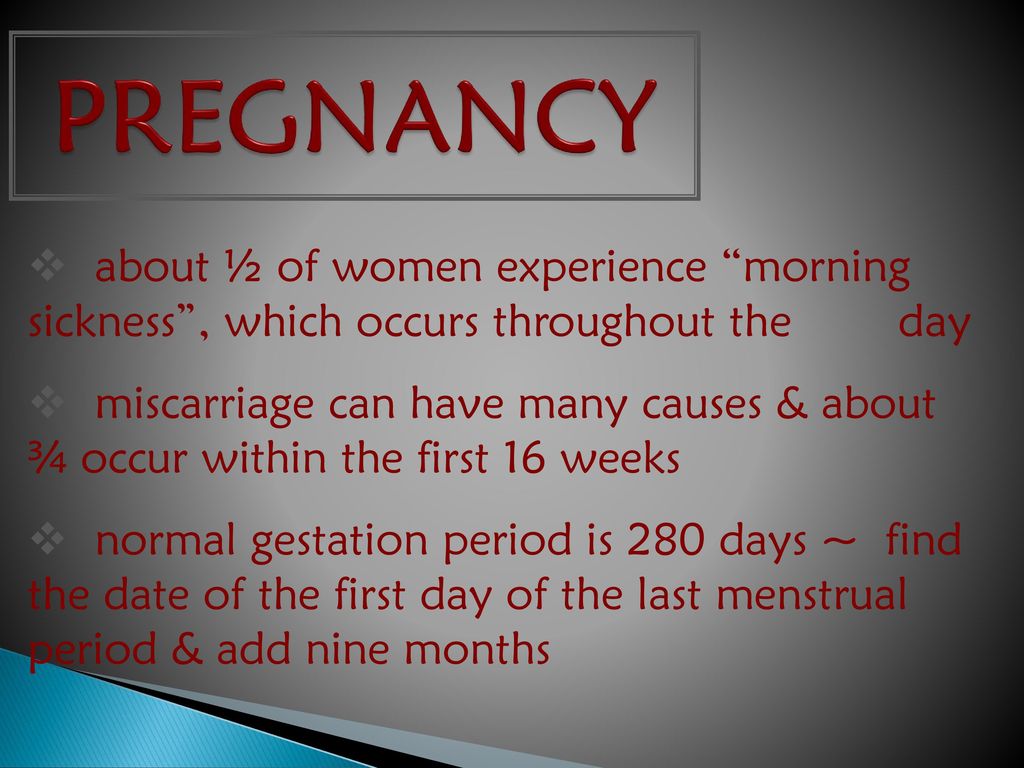 And vice versa. As pregnancy progresses and the placenta forms between the body of the mother and child, a placental barrier is formed. And toxicosis decreases: therefore, in most women, it disappears by the 12th week.
And vice versa. As pregnancy progresses and the placenta forms between the body of the mother and child, a placental barrier is formed. And toxicosis decreases: therefore, in most women, it disappears by the 12th week.
How to survive?
There are no common recipes for all: we are all different and each has its own reason for toxicosis. But still there are rules that help most women:
- Get more rest and sleep. Sleep whenever possible and the body asks. A woman with severe toxicosis is almost always helped by sick leave for 5 days.
- Avoid long breaks in eating. Eat light and high-calorie meals every 3 hours. Banana, dates, dried fruits, sweet yogurt often help. It's not scary if there is a roll or a cookie. All this is quickly digested, assimilated and gives you energy. But it is better to refrain from meat, fish, fatty and multi-component dishes (for example, Olivier salad). It is a difficult food to digest and assimilate. You will have to experiment with fiber.
 During pregnancy, constipation is often due to a relaxed - in company with the uterus - intestines. And in this case, rough raw fruits and vegetables will start peristalsis and regulate stools, but in some they cause gas and unpleasant colic in the stomach. So you have to try.
During pregnancy, constipation is often due to a relaxed - in company with the uterus - intestines. And in this case, rough raw fruits and vegetables will start peristalsis and regulate stools, but in some they cause gas and unpleasant colic in the stomach. So you have to try. - Nausea is very often especially pronounced in the morning, after sleep. This is due to the large hungry interval. To ease the feeling, try to have a light snack right before bed. If you get up at night to go to the bathroom, chew half a banana or a cracker along the way. And in the morning, waking up, still not getting out of bed, eat yogurt, cottage cheese, a bun. Lie down for another 20 minutes. Then get up, have a light breakfast, and only then brush your teeth.
- The more dehydrated the body, the greater the intoxication. Start drinking in small sips, warm-hot, good quality water. Definitely between meals, not during. For taste, you can first add lemon or lime, you can buy mineral water in a glass in a pharmacy and drink it, preferably after stirring and releasing gases from the bottle.


